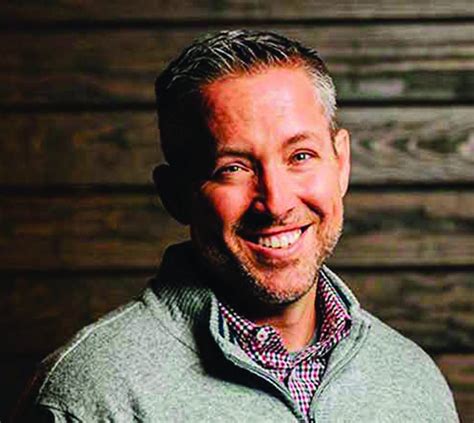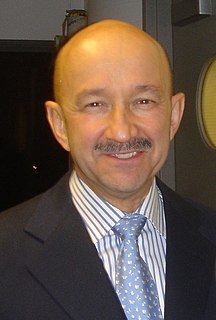Цитата Терри Пратчетта
Если и было что-то, что угнетало его больше, чем его собственный цинизм, так это то, что довольно часто он все же не был таким циничным, как реальная жизнь.
Связанные цитаты
Я чувствую своего папу, я все еще чувствую его любовь, и я все еще люблю его. Я бы сделала все, чтобы он вернулся, но половина причины, по которой моя жизнь хороша, имеет реальную, истинную ценность, в том, что он умер. Очевидно, я предпочел бы, чтобы он был жив, но он так много дал мне своей смертью.
Евангелие совершает в нас свою работу, когда мы жаждем Бога больше, чем всего остального в жизни — больше, чем денег, романтики, семьи, здоровья, славы, — и когда видение Его Царства в жизни других доставляет нам больше радости, чем что-либо еще. мы могли бы владеть. Когда мы увидим Иисуса более великим, чем все, что может предложить мир, мы с радостью отпустим все остальное, чтобы завладеть Им.
Я люблю вещи, которые достаточно смелы, чтобы открыто говорить о том, из чего на самом деле построена наша жизнь, когда ты без ума от кого-то, или ты что-то любишь, или ты дурак, или ты смущаешь себя. И я не думаю, что ответ - цинизм. Цинизм не лекарство от сентиментальности. Цинизм — это собственная форма сентиментальности. Например, я пытался смотреть «Во все тяжкие». После трех серий я подумал, что этот парень мне не нравится. Я не забочусь о нем. Но вы можете понять, почему люди говорят себе, что они думают, что это реально. Но настоящее не значит плохое.
Тот, кто помнит перенесенные им бедствия и те, которые угрожали ему, и незначительные причины, которые изменили его из одного состояния в другое, таким образом готовится к будущим изменениям и к познанию своего состояния. Жизнь Цезаря может показать нам не больше, чем наша собственная; жизнь императора или обычного человека, это все же жизнь, подверженная всем человеческим случайностям.
Это было неизбежно: Янкель влюбился в свою никогда не жену. Он просыпался ото сна, чтобы скучать по весу, никогда не давившему на кровать рядом с ним, всерьез вспоминать тяжесть жестов, которые она никогда не делала, тосковать по невесомости ее руки, перекинутой через его слишком настоящую грудь, заставляя его воспоминания вдовца стали намного убедительнее, а его боль — гораздо реальнее.
Социальное единообразие и одинаковость, возможно, даже больше, чем установленная власть, беспокоят человека больше всего. Сама его «уникальность», «обособленность» и «дифференциация» делают его чужим не только в родном месте, но даже в собственном доме. Часто больше, чем родившиеся за границей, которые обычно относятся к установленным.
Есть еще вопросы? — спрашиваю я, мягко тыкая его в ребра. — Ты все еще любишь меня? — спрашивает Элиот, кладя свою руку на мою. — Немного. — Немного? — спрашивает он, отстраняясь от меня. «Много». «Сколько?» — спрашивает он. «Больше, чем печенье с шоколадной крошкой». «Ммм», — говорит он, целуя меня в плечо. «Больше, чем прогулка по пляжу». Элиот целует меня в шею. «Больше». чем . . Я делаю паузу, поворачиваясь, чтобы посмотреть на него. «Больше чем?» — спрашивает он, целуя меня в губы. Я поворачиваюсь к нему. «Что угодно.


































